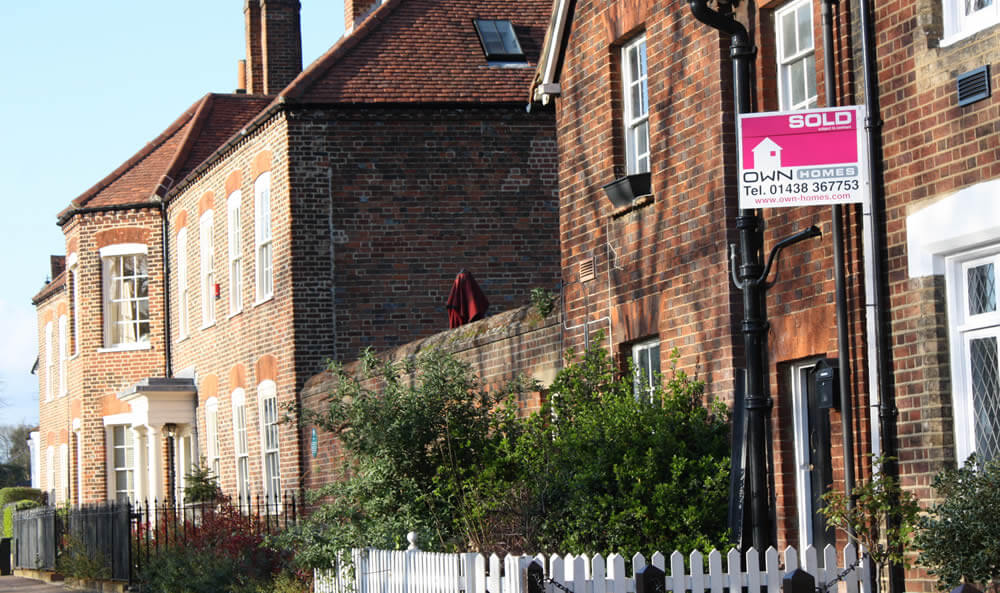A house valuation is an important step in the property buying or renting process. Whether you’re a first-time buyer or a seasoned investor, understanding what happens during a valuation can help you navigate the market with confidence.
Why valuations matter
A home valuation assesses the market value of a property, helping buyers, sellers and lenders make informed decisions. For buyers, it ensures that you are not overpaying. For sellers, it sets a realistic price. Lenders use valuations to determine how much they’re willing to offer. Without this step, the property market would lack transparency and trust.

The valuation process
During a house valuation a qualified surveyor or valuer visits the property to evaluate its worth. They’ll start by examining the exterior, looking at the condition of the roof, walls and garden. Next, they’ll inspect the interior, checking for structural issues, plumbing and electrical systems and any signs of damp or decay. They’ll also take note of the property’s location, size and layout, comparing it to similar homes in the area.
The valuer may use tools like a tape measure, digital camera and software to record details. They’ll also research recent property sales in the area to gauge market trends. This data helps them to calculate a fair market value. Some valuations include a condition report, highlighting any repairs or maintenance.
Factors influencing value
A property’s value isn’t just about its physical state. Several factors play a role:
- The location, proximity to schools, transport and amenities can boost a home’s appeal
- Market demand, high demand for properties in a specific area often drives up prices
- Property features, modern kitchens, energy-efficient systems or unique design elements can add value
- Economic conditions, interest rates, inflation and local employment rates also impact property values

What happens after the valuation
Once the valuer completes their assessment, they’ll provide a detailed report. For buyers, this helps determine if the asking price is fair. If the valuation is lower than the agreed price, it could lead to renegotiation. For sellers, it offers insight into how to price their home competitively. Lenders use the report to decide on mortgage terms.
If the valuation highlights issues, your solicitor or estate agent can advise on next steps. In some cases, further inspections like a home survey may be recommended.
Tips for homebuyers
To make the most of a home valuation, consider these tips:
- Tidy up and fix minor issues to present it in the best light
- Understand recent sales in your area to gauge realistic pricing
- Don’t hesitate to discuss the valuation report with your agent or valuer
- A thorough valuation ensures you’re making a sound investment.

At Own Homes, we’re committed to helping you feel informed and supported throughout your property journey. Whether you’re buying, selling or renting, our team provides expert advice to suit your needs.
Understanding house valuations is just one step in your home ownership adventure. Get in contact with a member of our team today and let us help you take the next step.
